As the WNBA enters its 29th season, globalization appears to be another growth opportunity, starting with the addition of more international players.
Three international players were among the top 10 picks of the 2025 WNBA draft Monday, tied with the 1998 and 2000 drafts for the most in league history.
The international selections were:
- Dominique Malonga (France): No. 2 pick, Seattle Storm
- Justė Jocytė (Lithuania): No. 5 pick, Golden State Valkyries
- Ajša Sivka (Slovenia): No. 10 pick, Chicago Sky
It’s unlikely all three would have been selected in the top 10—or even the first round—if not for the handful of NCAA stars who decided to forego this year’s draft.
The NBA, which owns about 42% of the WNBA, has become the standard in expanding its brand globally, which started after embracing international talent in the 1990s and 2000s. At the start of the 2024–2025 season, the NBA had 125 players from 43 different countries, and its last six MVP winners have been international stars.
Room to Improve
International players are not new in the WNBA. Some of the best players in league history include Belgium’s Emma Meesseman as well as Australia’s Lauren Jackson and Penny Taylor.
One major advantage for WNBA teams selecting international players is that they are often younger than NCAA prospects. Domestic WNBA aspirants are required to be 22 years old in the year of the draft, while international players only need to be 20. All three of the international players selected on Monday are still 19 years old.
However, there are still several hurdles when selecting international players, given the league’s roster size, salary cap, and issues negotiating with a player’s international club. But perhaps the most glaring issue is with the league’s schedule. The WNBA’s season coincides with EuroBasket, the biennial competition that remains a priority for many European stars.
“The national team is always my priority,” Jocytė told BasketNews last week. “If the WNBA told me I couldn’t go and I had to choose, I would definitely choose the national team.”
Malonga and Jocytė are expected to play in the WNBA this year, while it’s unclear whether Sivka will play for the Sky. She is expected to represent Slovenia in EuroBasket this year as well.
The WNBA instituted a “prioritization” rule in 2023 that requires players with two or more years of experience to join their WNBA team by the start of training camp. Non-compliant players face a fine. While this rule doesn’t affect the rookies, it does come into play later in their careers. It’s a key reason why Meesseman, the 2019 Finals MVP, has not played in the WNBA since 2022.
The league’s rules surrounding international prospects, including the prioritization rule, will likely be another topic addressed in the league’s next CBA, expected to take effect in 2026.
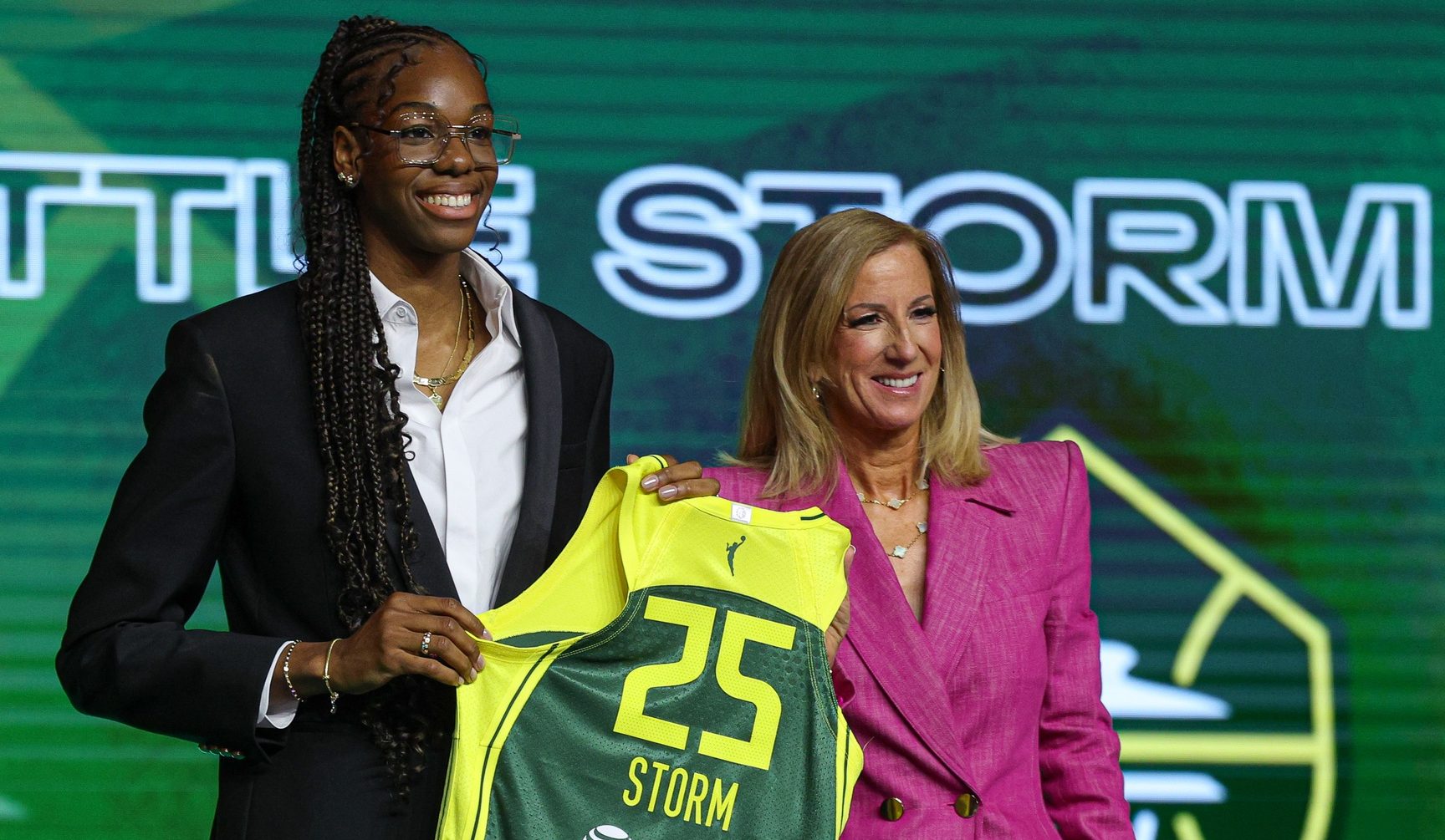
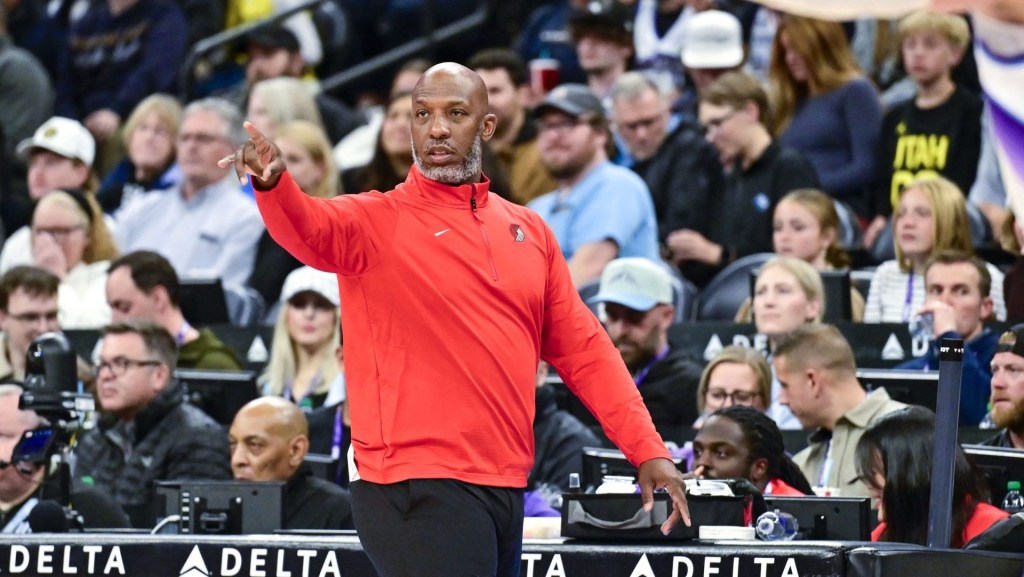
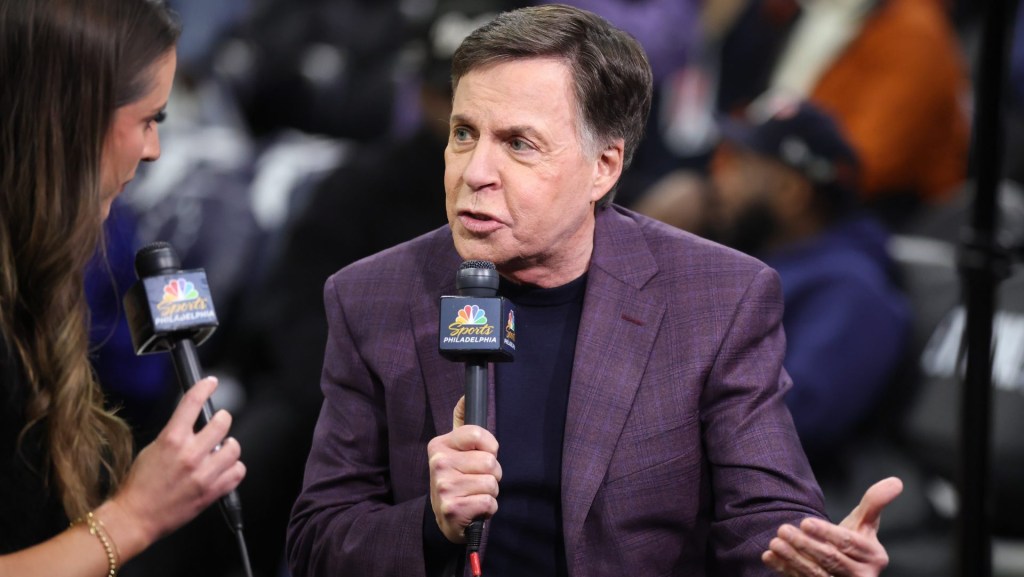




![[Subscription Customers Only] Jun 15, 2025; Seattle, Washington, USA; Botafogo owner John Textor inside the stadium before the match during a group stage match of the 2025 FIFA Club World Cup at Lumen Field.](https://frontofficesports.com/wp-content/uploads/2026/02/USATSI_26465842_168416386_lowres-scaled.jpg?quality=100&w=1024)
![[Subscription Customers Only] Jul 13, 2025; East Rutherford, New Jersey, USA; Chelsea FC midfielder Cole Palmer (10) celebrates winning the final of the 2025 FIFA Club World Cup at MetLife Stadium](https://frontofficesports.com/wp-content/uploads/2026/02/USATSI_26636703-scaled-e1770932227605.jpg?quality=100&w=1024)
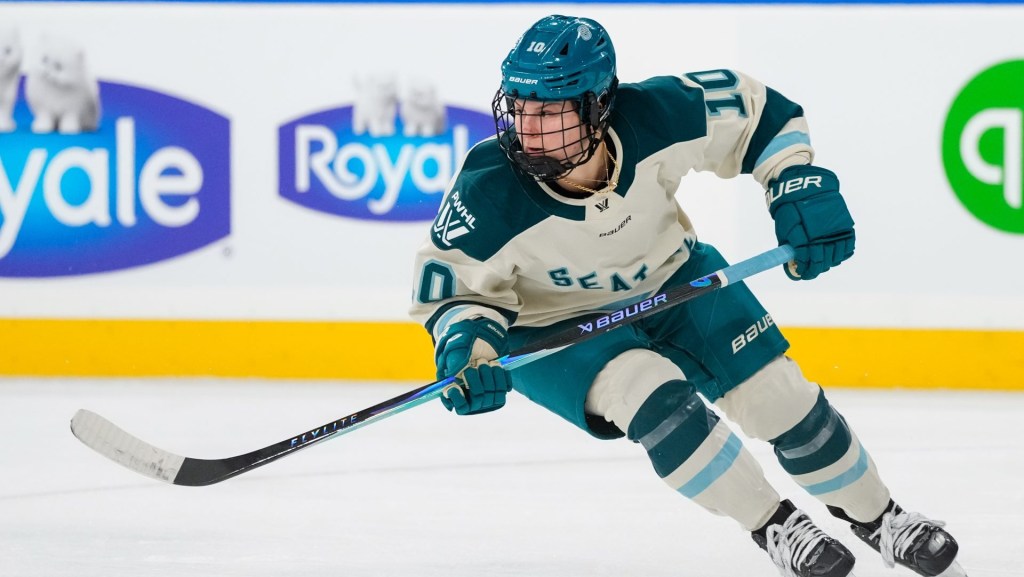



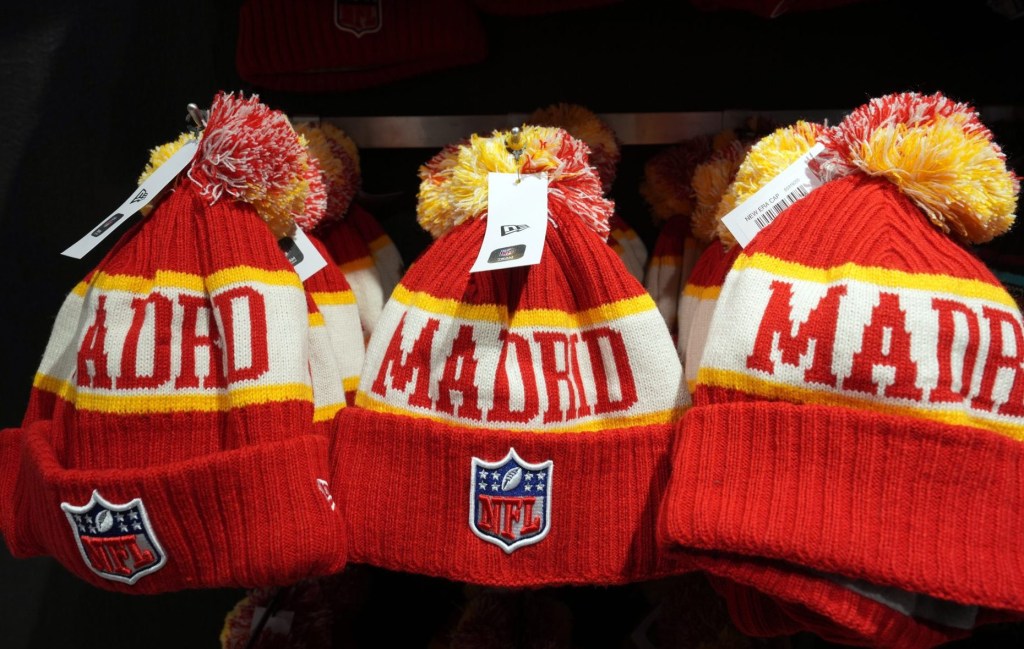
![[US, Mexico & Canada customers only] Feb 6, 2026; Riyadh, SAUDI ARABIA; Jon Rahm in action during the third round of play at LIV Golf Riyadh at the Riyadh Golf Club.](https://frontofficesports.com/wp-content/uploads/2026/03/USATSI_28173562_168416386_lowres-scaled.jpg?quality=100&w=1024)

![[US, Mexico & Canada customers only] Sep 28, 2025; Bethpage, New York, USA; Team USA's Bryson DeChambeau reacts after hitting his approach on the 15th hole during the singles on the final day of competition for the Ryder Cup at Bethpage Black.](https://frontofficesports.com/wp-content/uploads/2026/03/USATSI_27197957_168416386_lowres-scaled.jpg?quality=100&w=1024)
